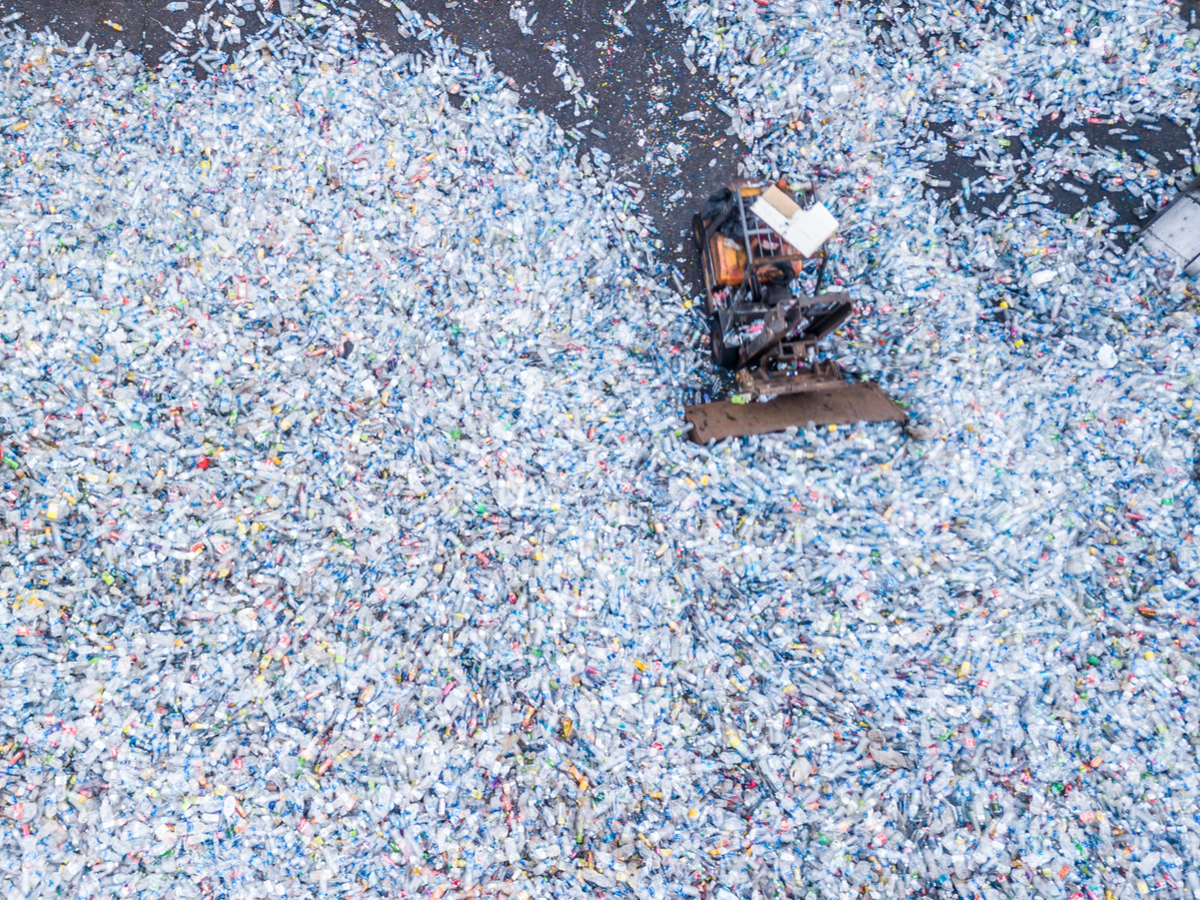
Visit Our Sponsors |
|
|
|
|
|
|
|
|
|
|
|
|
|
|
|
|
|
|
|
|
|
|
|
|
|
|
|
|
|
|
|
|
|
|
|
|
|
|
|
|

Southeast Asian nations no longer want your trash.
Last week, Malaysia announced it was sending 3,300 tons of scrap plastics including CDs, insulated electric cables and milk jugs back to countries ranging from Australia to Bangladesh, Canada, China, Japan and Saudi Arabia. Days later, the Philippines shipped back 69 containers of dirty Canadian diapers and other refuse brought into the country between 2013 and 2014.
It’s easy to see why: Smaller countries don’t want to become dumping grounds for trash that looks like it belongs in a hazardous-waste bin rather than a recycling facility. What’s ironic is that some of the countries forced to take back their scrap plastics don’t necessarily mind. In China, Japan and especially Europe, there’s growing momentum behind the idea that economies should strive to be more “circular” — in other words, that any waste they generate should be processed, recycled and reused at or close to home. Europe has set ambitious targets to achieve a continent-wide circular economy over the next three decades.
It’s an attractive idea. Unfortunately, it won’t work. A true circular economy can’t be national or even regional. It has to be global.
For the most part, that’s what the world had until quite recently. In the 19th century, an up-and-coming U.S. imported scrap clothing from Europe to feed its paper mills and scrap steel from the U.K. to help build its railways. After World War II, Japan and Taiwan rebuilt their economies by importing vast quantities of low-cost scrap metal and paper from around the world.
Beginning in the early 1980s, China surpassed all predecessors by becoming the world's largest importer of recyclables. Everybody won. Countries that might otherwise have sent recyclables to a dump for lack of proper processing facilities found a huge customer willing to pay a premium for it. Meanwhile, China was able to integrate recyclables into its manufacturing supply chain on a mass scale. To take just one example, in 2016, China made as much as half of its copper from recycled resources, half of which were imported.
Of course, there were costs. Just as Chinese manufacturers often failed to meet the health and safety standards of developed countries, so did Chinese recyclers. Meanwhile, it proved cheaper to import recyclables — even the worst — from the developed world than to collect and manage China’s own waste. In January 2018, China severely restricted the import of scrap recyclables.
That decision has since warped the global recycling trade. Unscrupulous Chinese scrap importers quickly shifted operations to countries such as Malaysia, where they cut corners in recycling materials for export to factories back in China. Recent accounts of so-called "waste dumping" in Malaysia largely document these Chinese operations, not those of traditional Malaysian recyclers, who had previously generated few complaints.
The distinction is important. Restricting the global trade in recyclable plastics because of the actions of some bad actors won’t suddenly encourage rich nations to reuse more of their own trash. The manufacturers who need that recycled material will remain in the developing world, especially since consumption, too, is growing in those regions. Meanwhile, recycled raw materials generated in developed regions like Europe will be more expensive — and less competitive — than what developing countries can make at home (a problem familiar to manufacturers of finished goods).
Rather than trying to create closed recycling loops in each country or each region, environmental activists would do better to make the global recycling trade cleaner and more efficient. The first step is for the World Customs Organization to establish harmonized custom codes that accurately classify waste and recyclable raw materials. Currently, no such system exists, which allows importers to bring in low-quality recyclables that can only be processed using unsafe and environmentally unsound means.
Countries could also make the flow of recyclables smoother by lowering or eliminating tariffs on recyclable materials. These only raise the costs of recycling and incentivize smuggling.
Meanwhile, if activists in rich countries are concerned with the ability of poorer nations to recycle trash properly, they could do more to help them establish modern waste management systems. The U.S. government is taking small steps in this direction already and China, in particular, could be a leader in this effort. If it diverted a mere 3 percent of all Belt and Road financing to establishing modern landfills and recycling facilities in recipient countries, it would expand the supply of sustainable raw materials while blunting the negative environmental consequences of letting poorer countries process imported trash.
The key to creating a truly circular economy isn’t to keep waste at home. It’s to make sure the world’s recyclables get processed — cleanly — where they’re needed most.
RELATED CONTENT
RELATED VIDEOS
Timely, incisive articles delivered directly to your inbox.

